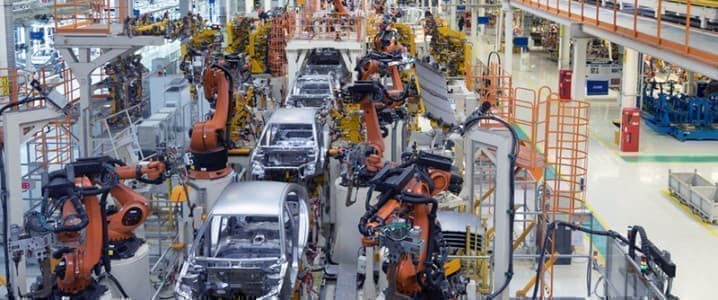As companies and governments across the globe search for alternative fuel options, as part of long-term green energy plans, e-fuels are being trialed by major companies in search of innovative energy alternatives. E-fuel, or synthetic fuel, can be developed through several different techniques including using biofuel from waste products and using wind or solar power to produce the electricity needed for e-fuel production.
In December, Siemens Energy announced its partnership with automotive giant Porsche and several other companies to launch a pilot project focused on e-fuel. According to Siemens, Chile will be the home of the world’s first industrial-scale plant, Haru Oni, for making synthetic climate-neutral fuels, with Porsche as the principal consumer.
By 2022, Siemens and its partners expect to produce 130,000 liters of e-fuels, followed by two further project phases with an expected output of 55 million liters of e-fuels by 2024, and 550 million litres by 2026.
Siemens other partners include energy firm AME, the Chilean petroleum company ENAP, and energy company Enel from Italy.
Green wind power in the Magallanes Province of Chile will be used to produce these synthetic fuels, which emit around 90 percent less carbon dioxide when burned than liquid fossil fuels. To ensure the project can be carbon neutral, the use of wind power is vital as the fuel’s production process requires large amount of electricity.
Related: Global Natural Gas Demand Set To Rebound After Pandemic Shock
Siemens is working in unison with Germany’s national hydrogen strategy, with the Federal Ministry for Economic Affairs and Energy providing €8 million in funding towards the project.
“Renewable energy will no longer be produced only where it’s needed, but where natural resources like wind and sun are available on a massive scale.” Christian Bruch, CEO of Siemens Energy said of the choice to carry out the project in Chile.
Porsche has been focused on making electric vehicles (EV) over the past decade as an alternative to traditionally fuelled cars. The company highlighted the reduction of carbon emissions, and intelligent performance – using new smart technology to boost vehicle performance, as two of the main drivers for EV production. Nonetheless, e-fuels could offer another sustainable alternative for the future of motor vehicles.
Porsche CEO Oliver Blume explains of the new synthetic fuel project, “Their advantages lie in their ease of application: e-Fuels can be used in combustion engines and plug-in hybrids, and can make use of the existing network of filling stations.”.
However, methanol, the e-fuel being produced in this case, cannot be used as an alternative to traditional gasoline in all cars. Vehicles must be modified for use with synthetic methanol, a project which Porsche is currently working on.
In 2019, the EV industry was valued at $162.34 billion, with projections of $802.81 billion by 2027 at a CAGR of 22.6%. However, synthetic fuels could dramatically change the face of this industry, offering a new carbon-neutral alternative.
ADVERTISEMENT
Yet, Porsche and other companies interested in harnessing e-fuel power for use in passenger vehicles will have to work hard to convince regulators of their safety and efficiency. At present, several leading experts and car companies believe synthetic fuels should not be used for road transport due to the conversion steps in their production process, which make them more inefficient than electric alternatives.
As Siemens and Porsche go ahead with the biggest e-fuel project to date, only time will tell if synthetic gasoline will offer a viable alternative to EV over the next decade, as energy and automotive majors battle it out for the best sustainable motor option.
By Felicity Bradstock for Oilprice.com
More Top Reads From Oilprice.com:
- Was Saudi Arabia's Surprise Production Cut A Good Idea?
- Goldman Bullish On Oil As It Eyes Major Relief Package
- Can Shale Resist The Lure Of Another Output Surge?


















